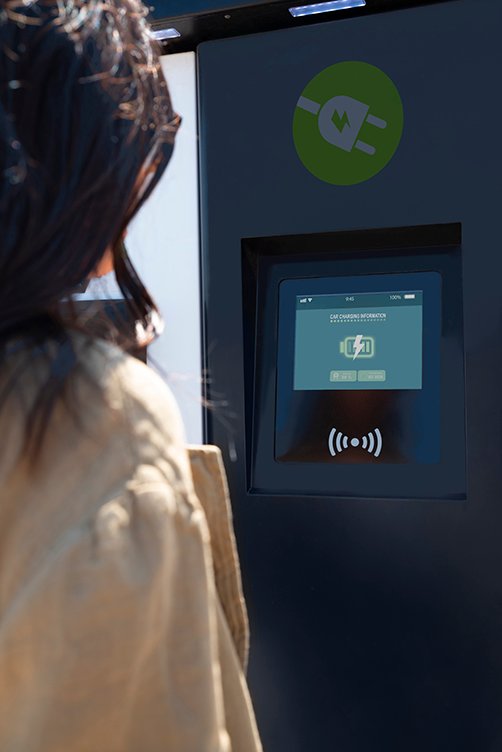RFID in Data Center
RFID (Radio Frequency Identification) technology in their data center solutions. Clement Technologies, a leading provider of advanced technology solutions in Delhi/NCR, is at the forefront of implementing RFID in data centers to optimize performance, enhance security, and streamline operations.
RFID technology utilizes radio waves to identify and track objects equipped with RFID tags or labels. These tags contain electronically stored information, which can be read remotely using RFID readers or scanners. The technology offers a contactless and automated means of identification, making it ideal for data centers that deal with large volumes of assets and equipment.
- + Asset Tagging
- + RFID Readers
- + Data Integration
- + Rapid Asset Locating
- + Monitoring and Control
- + Environmental Monitoring


RFID in Data Center Solution in Delhi/NCR by Clement Technologies

RFID technology plays a vital role in bolstering data center security. By implementing RFID-based access control systems, data centers can ensure only authorized personnel have entry to restricted areas. RFID badges or cards are issued to employees, and the readers at entry points grant access based on the identification information stored in the badges.
RFID enables real-time monitoring of asset movement within the data center. Any unauthorized attempt to remove or relocate assets triggers instant alerts, allowing prompt action to mitigate security breaches. RFID technology acts as a deterrent and provides an auditable trail of asset movements for forensic investigations if required.

Product making for friendly users
RFID technology improves data center security by enabling secure access control, real-time monitoring of asset movements, and providing an auditable trail of activities. Unauthorized access attempts trigger instant alerts, reducing the risk of theft or breaches.
Yes, RFID can be integrated with existing data center infrastructure. However, careful planning and coordination are required to ensure compatibility and seamless integration of RFID readers and tags with the existing systems.
While there is an initial investment in RFID infrastructure and tags, the long-term benefits, such as improved efficiency, security, and compliance, outweigh the costs. The cost implications vary depending on the size and requirements of the data center. It is advisable to consult with RFID solution providers, like Clement Technologies, to assess the specific cost implications for your data center.
Real-time tracking provided by RFID technology offers several benefits to data center operations. It enables administrators to optimize resource utilization, streamline workflows, quickly locate assets, and proactively address issues or abnormalities.
The future of RFID technology holds exciting advancements. Some anticipated developments include smaller and more efficient tags, enhanced data analytics capabilities, integration with IoT and cloud platforms, and the incorporation of blockchain technology for increased security and transparency.




